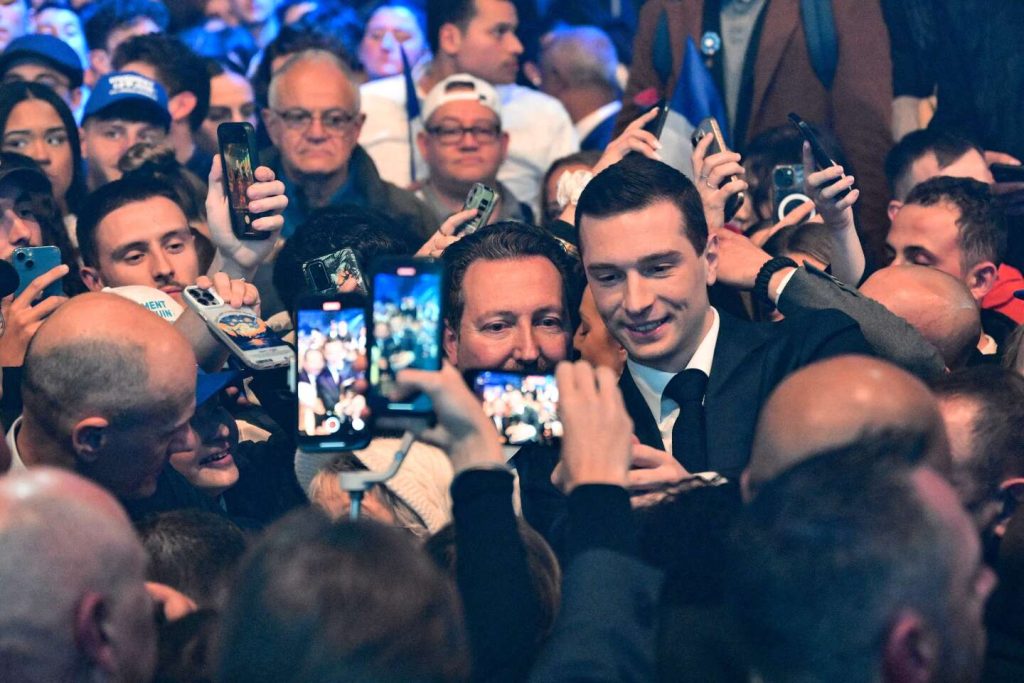Jordan Bardella, the president of the far-right party Rassemblement national (RN) and leader of the electoral list for the upcoming European elections, was seen posing for selfies during a campaign meeting in Marseille on March 3, 2024. On the other hand, Raphaël Glucksmann, the head of the Socialist Party (PS) and Place publique for the European elections in June, announced on France 2 on Tuesday, April 2 that he had left the Chinese social media platform TikTok. This decision was made in response to concerns about foreign interference and accusations that the platform gives access to users’ data to the Chinese authorities.
The European Commission and the European Parliament had already banned the use of TikTok on professional devices in 2023 due to these concerns. In 2022, the European Parliament adopted a report stating that foreign actors, including Russia and China, were using information manipulation and interference tactics to influence the democratic processes of the European Union (EU). Despite this, candidates like Jordan Bardella, Marion Maréchal, Manon Aubry, and Marie Toussaint continue to have a presence on TikTok with varying numbers of followers.
Samuel Lafont, a member of the Reconquête! party responsible for digital strategy, criticized Glucksmann’s decision to leave TikTok, arguing that he is limiting his influence by doing so. With over 134 million monthly users in the EU, the far-right party aims to reach as many people as possible through the platform. Even Leïla Chaibi, from La France insoumise, sees TikTok as a valuable tool for engaging with young audiences who are typically disengaged from politics due to high levels of abstention.
On the other hand, François-Xavier Bellamy, the head of the list for Les Républicains (LR), initially had reservations about using TikTok but eventually decided to provide more informative content in an effort to counteract simplistic discourse. He emphasized the importance of not contributing to the “decerebration of the masses” by creating content that is engaging and informative. Despite concerns about foreign interference and the use of TikTok for manipulation, many political candidates continue to use the platform to reach and engage with a wider audience.
Overall, the use of TikTok in political campaigns has sparked debate among candidates, with some choosing to stay on the platform to reach younger audiences and others opting to leave due to concerns about foreign interference. The decision to use TikTok as a communication tool reflects the different strategies and priorities of political parties in engaging with voters, especially young people who are increasingly turning to social media for information and entertainment. As the European elections approach, the role of TikTok and other social media platforms in shaping political discourse and voter engagement will continue to be a topic of discussion.


